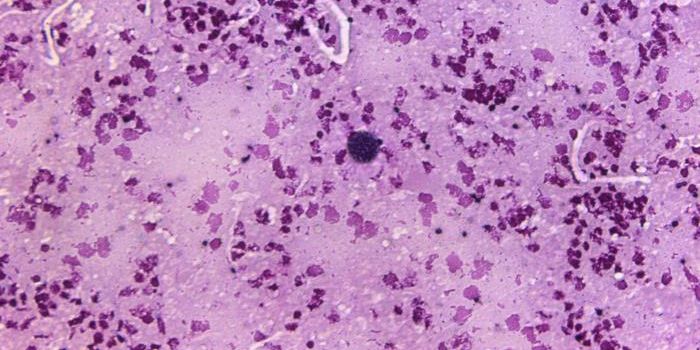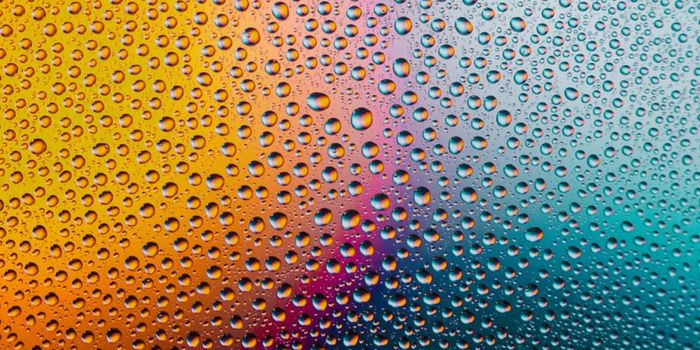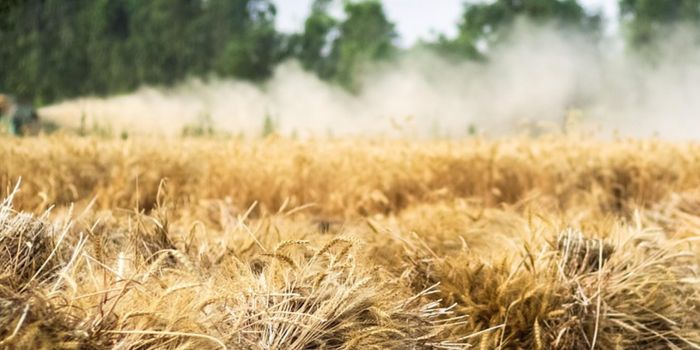A breast microbiome? Wait, really?
Evidently, it’s a real thing. Evidently, I’m also late to the party - initial reports came out in 2014 (that’s a long time ago in science-years).
Bacteria had already been found in milk from the human mammary gland, and researchers from Western University in Ontario, Canada, wondered if there were also bacteria in the actual breast tissue. The team investigated breast tissue from women ages 18-90. As an extra control, these women came from two very different places - Canada and Ireland.
The tissue samples were collected from the women during surgery. Then, they used 16S rRNA sequencing to identify any bacteria that were hunkered down in the breast tissue.
They found (to my surprise, at least) that the breast tissue was not, in fact, sterile. According to their study, “the most abundant taxa in the Canadian samples were
Bacillus (11.4%),
Acinetobacter (10.0%),
Enterobacteriaceae (8.3%),
Pseudomonas (6.5%),
Staphylococcus (6.5%),
Propionibacterium (5.8%),
Comamonadaceae (5.7%),
Gammaproteobacteria (5.0%), and
Prevotella (5.0%). In the Irish samples the most abundant taxa were Enterobacteriaceae (30.8%),
Staphylococcus (12.7%),
Listeria welshimeri (12.1%),
Propionibacterium (10.1%), and
Pseudomonas (5.3%)”.
The obvious questions is, why is there a breast microbiome? What sort of impact do these microbes have on our health? The authors propose a number of things. The breast microbiome may keep breast tissue healthy by stimulating the activity of resident immune cells, for example. Even more odd is the fact that many of these bacteria have the ability to metabolize fat. Since breast tissue is fatty, why don’t these bacteria cause infections? The jury is still out on that point, but there may be a connection between the breast microbiome and breast cancer.
The same group from Western University found, in a separate study, that women with a history of breast cancer had more E. coli in their breast tissue that women without a history of cancer..
In this study, the group compared the breast microbiomes of women in various stages of breast cancer to women without cancer. According to the study, “normal adjacent tissue from women with benign tumors had profiles that were more similar to those for normal adjacent tissue of women with cancerous tumors than for tissue from healthy subjects.” In other words, it looks like the breast microbiome plays a role in tumor formation.
What’s more, the researchers found a strong correlation between the presence of E. coli from the B2 phylotype and breast cancer. What’s interesting about these strains of E. coli is that they contain the pks pathogenicity island which codes for a toxin called colibactin, and such strains have already been linked with colon cancer.
What’s so important about colibactin? It’s actually a genotoxin - essentially, a toxin that attacks genetic material. Colibactin induces DNA damage by causing double-strand breaks. Since cancer is often a result of DNA damage, the researchers wondered if any of the bacteria making up the breast microbiome could induce DNA damage. They report that “HeLa cells exposed to E. coli tissue isolates had significantly higher levels of γ-H2AX [a marker of DNA damage] than did untreated cells,
Bacillus and
Staphylococcus were tested, as these genera were more abundant in cancer patients;
Micrococcus was tested, as this genus was higher in healthy individuals; and
Propionibacterium was tested, but there were no differences in relative abundances between cancer patients and healthy controls.
Bacillus,
Microccoccus, and
Propionibacterium isolates did not induce double-strand breaks, whereas
Staphylococcus did”.
So, it looks like the breast microbiome may be intimately linked to the development of breast cancer, possibly as a result of DNA damage.
There you have it, another microbiome, and more evidence that bacteria have a profound impact on our daily lives.
Sources: PNAS;
Applied and Environmental Microbiology, 2014;
Applied and Environmental Microbiology, 2016;
Nature;
Gut









